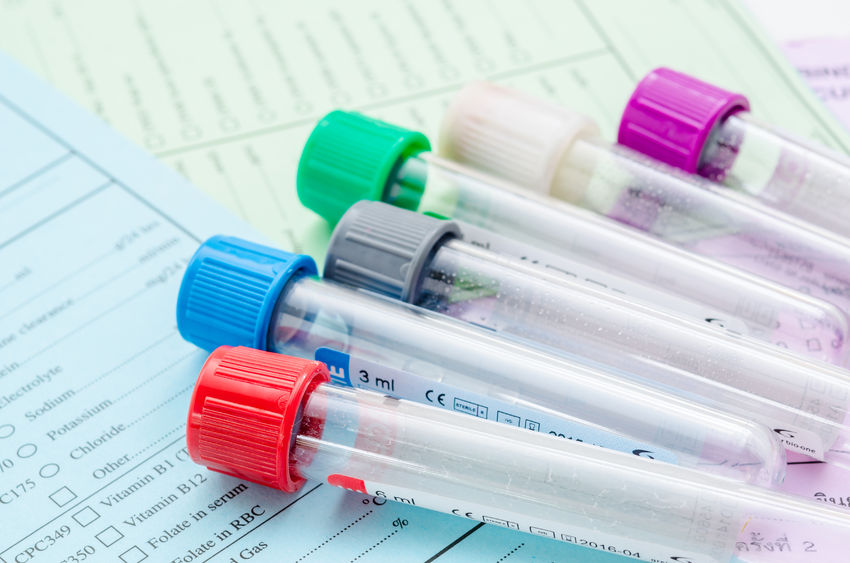
Cd 20 Immunohistochemistry Bone Marrow
What is this test?
CD20 antigen is expressed on the surface of >90% of B-cell non-Hodgkin's Lymphomas (NHL). Binding to CD20 antigen is necessary for the antitumor effect of Rituxan. CD20 is expressed on all stages of B cell development except the first and last; it is present from late pro-B cells through memory cells, but not on either early pro-B cells or plasma blasts and plasma cells. It is found on B-cell lymphomas, hairy cell leukemia, B-cell chronic lymphocytic leukemia, and melanoma cancer stem cells. Immunohistochemistry can be used to determine the presence of CD20 on cells in histological tissue sections. Because CD20 remains present on the cells of most B-cell neoplasms, and is absent on otherwise similar appearing T-cell neoplasms, it can be very useful in diagnosing conditions such as B-cell lymphomas and leukaemias. However, the presence or absence of CD20 in such tumours is not relevant to prognosis, with the progression of the disease being much the same in either case. CD20 positive cells are also sometimes found in cases of Hodgkins disease, myeloma, and thymoma.
Also known as IHC Marker CD 20 Immunohistochemistry Bone Marrow, CD 20 Count Immunohistochemistry Bone Marrow.
Test Preparation
No special preparation is needed for Cd 20 Immunohistochemistry Bone Marrow. Inform your doctor if you are on any medications or have any underlying medical conditions or allergies before undergoing Cd 20 Immunohistochemistry Bone Marrow. Your doctor depending on your condition will give specific instructions.
Understanding your test results
| Gender | Age groups | Value |
| UNISEX | All age groups | Test is positive if the conditions listed are detected |

